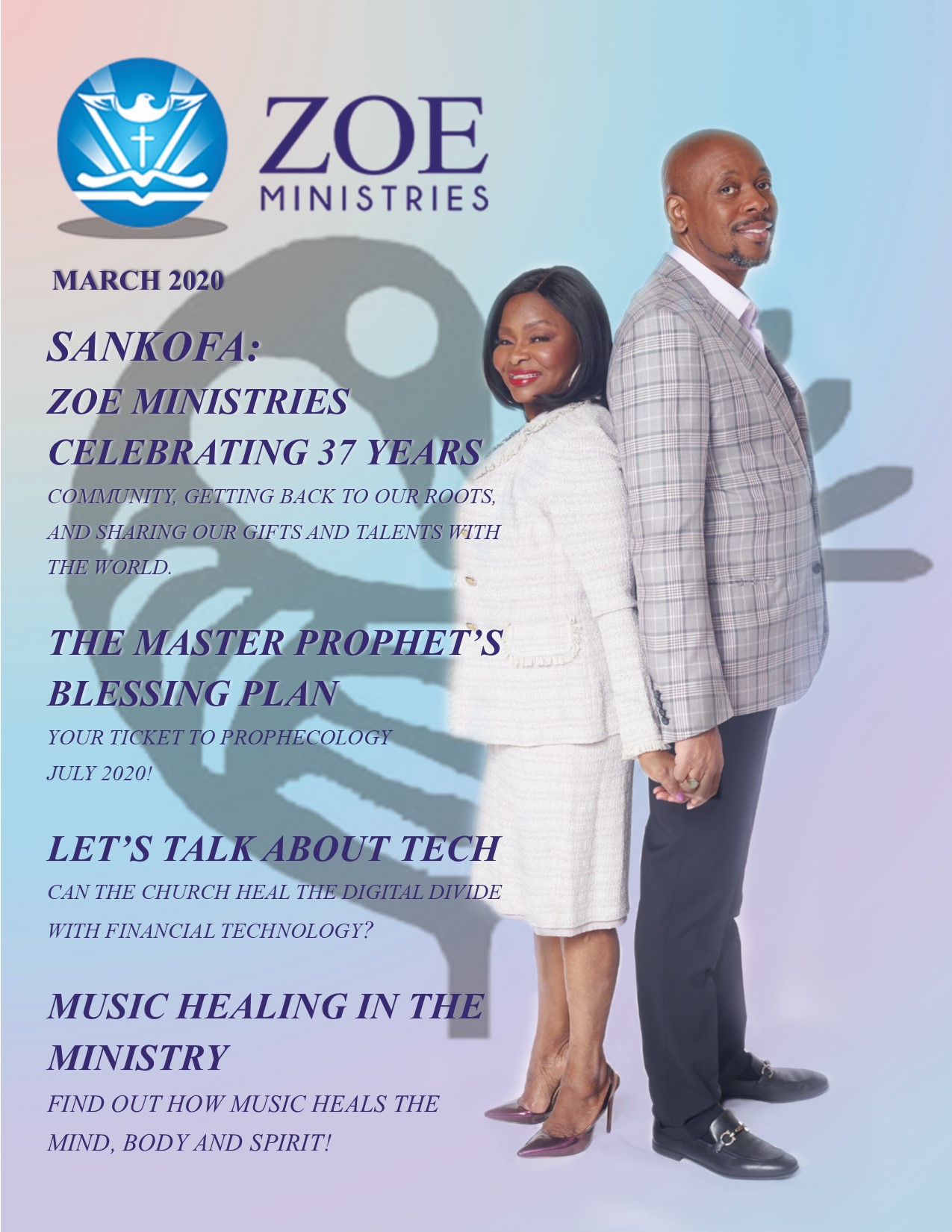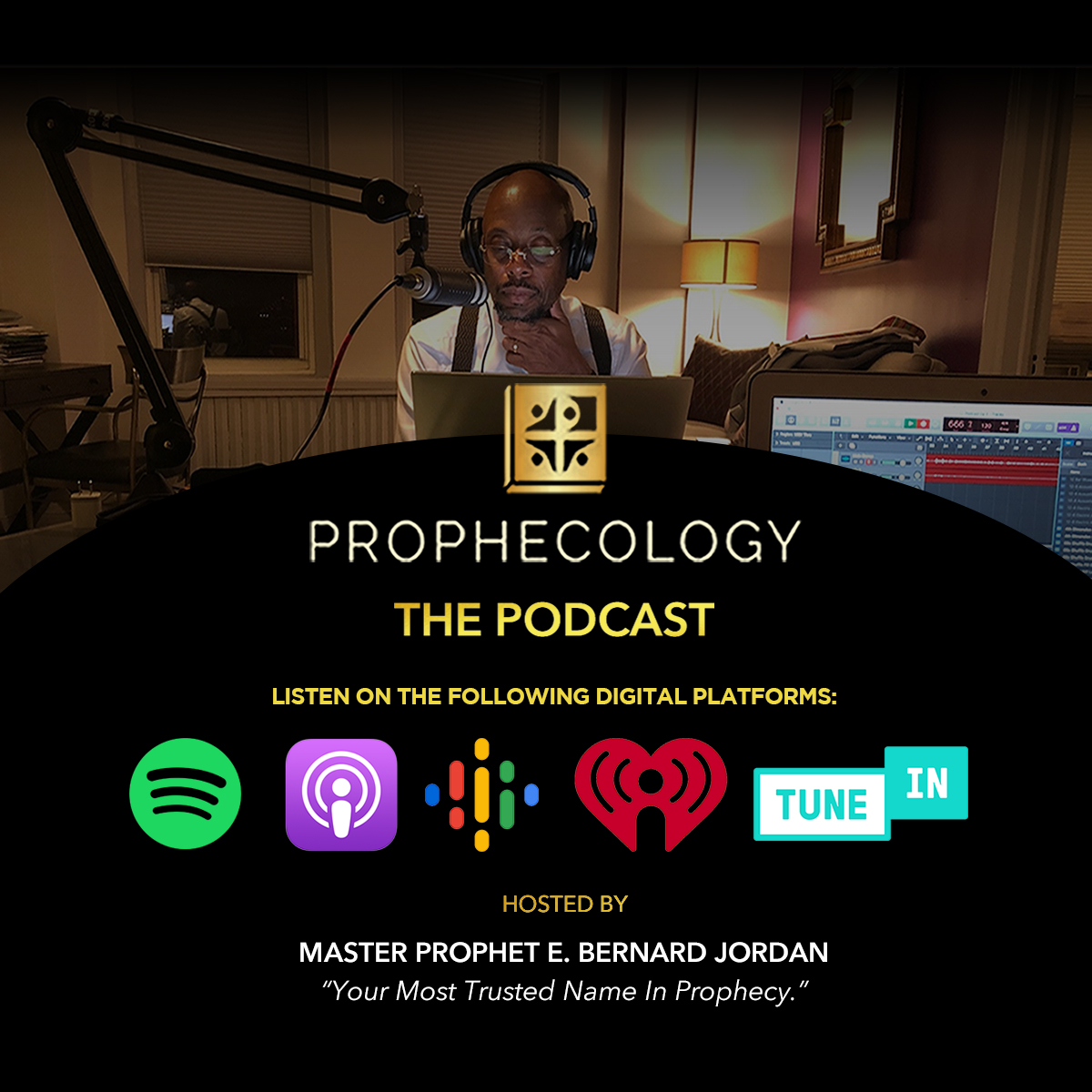MILLENNIALS AND RELIGION
July 18, 2021 2023-04-05 19:13MILLENNIALS AND RELIGION
MILLENNIALS AND RELIGION
MILLENNIALS AND RELIGION
Millennials and religion is a topic worth exploring. It is commonly said that the youth – also primarily referred to by the term ‘Millennials’ – are the future of the church. It has also been said that the youth are not just its future but its present. They are at the very core of the church and its current vibrancy. Christian Post reporter Kevin Porter recently posed the question: ‘Can a church survive without young people?’ Porter notes that Millennials comprise 20% of the entire U.S. population with 83 million people — even more than Baby Boomers. By 2020 this figure will grow to 30%.
The more raw, transparent, and vulnerable the communicator is, the more millennial connect. This generation wants to hear those personal stories.
Mature, Christ-following millennials deeply value doctrine, verse-by-verse preaching, and missions. This generation seems to get weary of gimmicks and ‘sleek presentations’ very quickly. The seeker-sensitive movement of their parents’ generation has grown to be “old hat” for the millennials that grew up in church.
In preaching, the more raw, transparent, and vulnerable the communicator is, the more millennial connect. There was a time when preachers were told not to use themselves in personal illustrations; however, this generation wants to hear those personal stories.
One of the key ways your church can convey authenticity is by ensuring consistency. Meaning, what a person sees and experiences when walking into your worship service is consistent with the messages heard in the service. A recent study refers to this consistency between experience and messaging as ‘visual clarity’.
One of the key ways your church can convey authenticity is by ensuring consistency. Meaning, what a person sees and experiences when he or she walks into your worship service is consistent with the messages heard in the service.
As we have seen, Millennials are different from older generations in several ways. As a group, they are more highly educated. They are more likely to have student loan debt, and more of it, than their elders did at the same age. And they were hardest hit during the Great Recession in terms of unemployment. Even now, younger workers have higher unemployment rates than do those aged 35 and over.
Yet many other perceived differences between Millennials and previous generations are just that: perceived rather than actual. If Millennials live with their parents for a relatively long time and are slower to buy cars and homes, it is likely due more to the economic circumstances under which they began their working lives than to differences in their underlying preferences.
Our research shows that Millennials may come late to family and homeownership. However, once they do, their behavior resembles that of older generations more closely than many may realize. And evidence suggests that their supposed “lack of loyalty” to employers may be an artifact of their incomplete entry into the labor force. In many ways, Millennials are behaving just as they might be expected to, given the economic circumstances under which they came of age.
Check out: Church Faux Paus Millennials Hate
Your weekly dose of prophetic wisdom and anointing awaits you. Join our LIVE Conference Call!
1) Call 515-604-9266
2) Go to startmeeting.com, and use the login: BishopJordan












